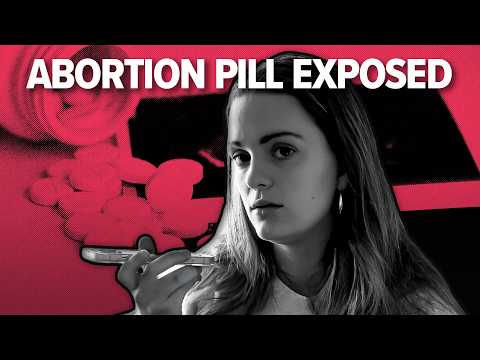
European Commission says fund can pay for abortions for women from pro-life countries
Bridget Sielicki
·
Abortion Pills Kill
Watch Live Action's investigative video:

Read Live Action's white paper, "The State of Chemical Abortion: A Mechanism of Death."
Live Action News is pro-life news and commentary from a pro-life perspective.
Our work is possible because of our donors. Please consider giving to further our work of changing hearts and minds on issues of life and human dignity.
Contact editor@liveaction.org for questions, corrections, or if you are seeking permission to reprint any Live Action News content.
Guest Articles: To submit a guest article to Live Action News, email editor@liveaction.org with an attached Word document of 800-1000 words. Please also attach any photos relevant to your submission if applicable. If your submission is accepted for publication, you will be notified within three weeks. Guest articles are not compensated (see our Open License Agreement). Thank you for your interest in Live Action News!

Bridget Sielicki
·
Abortion Pill
Carole Novielli
·
Abortion Pill
Angeline Tan
·
Abortion Pill
Cassy Cooke
·
Abortion Pill
Nancy Flanders
·
Abortion Pill
Bridget Sielicki
·
Analysis
Newsroom
·
Media
Newsroom
·
Media
Newsroom
·
Activism
Newsroom
·
Activism
Newsroom
·